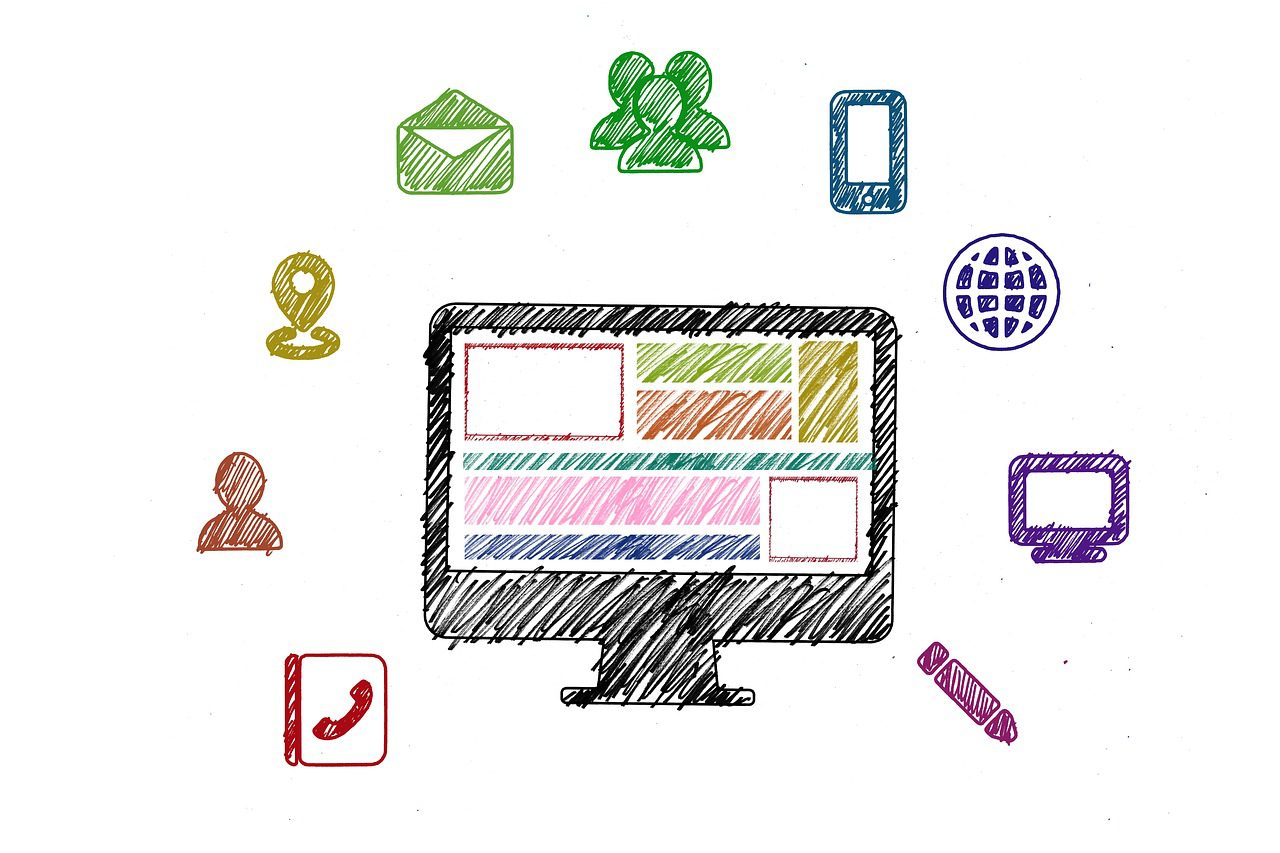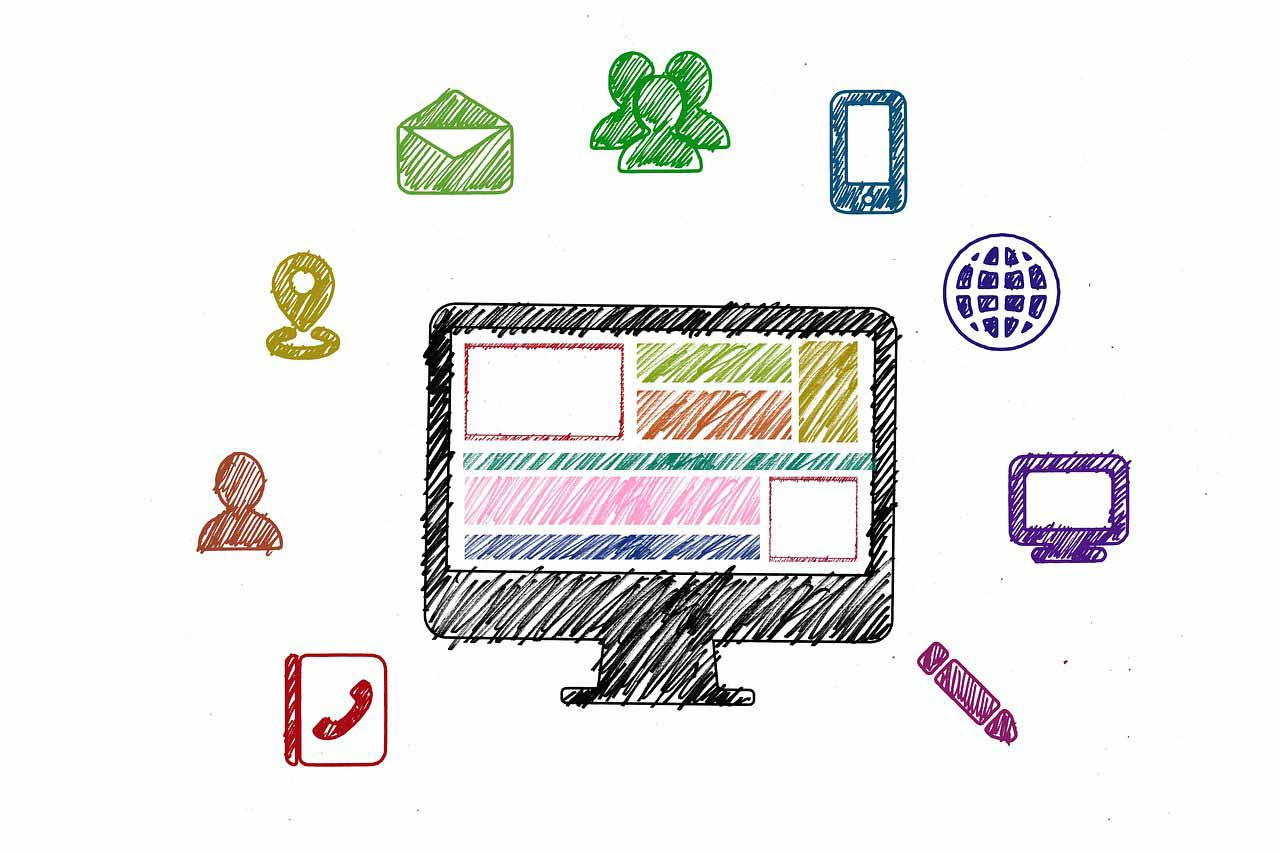Your website is your best tool to create a great impression on potential customers. The way you generate interest with these possible clients will either make them decide to purchase your product or leave your website entirely. Best of all, it works for you 24/7/365.
You can put as many pages as you want on your website, but you should always include “the big four.”
Home Page
Every website has a home page, and it is often the very first thing a customer views. It provides a clean slate for you to present your best first impression.
Your home page should show what your website is and what you do. It should include a Call-to-Action (CTA) and provide a way for you to meet your goals, such as adding people to your email list or allowing them to contact you for business. Make sure that when you’re designing your home page, your Call to Action is front and center so that your users know the next step they have to take for whatever they want to do.
The home page is also what Google considers when it tries to understand the purpose and function of your site. Your home page should include a strong headline along with visually striking design.

(Pixabay / geralt)
About Us
Visitors usually head over to this part of your website as soon as they get through with the home page. It delivers important and relevant information for your website to help the user get to know you and your brand. Potential customers will use your About page to decide if they can trust you enough to do business with you. This page tells the users who you are, what you do, and if you are professional.
Blog
While your home page grabs your potential customer’s interest, posts on your blog’s page keep them coming back for more. Well-written blog posts give more information to show off your expertise and help buyers make their final decision.
Blogs require constant updating and should include only material of the highest quality. These posts need to demonstrate that you are a master in your field worth considering. Blogs need to be top notch because search engines will assign rankings based on the authenticity of each post. These rankings will determine how far up on the search engine results page that your company appears.
Contact Page
After reading through your other key pages, a potential customer may be convinced that you are the perfect company to do business with. In this instance, they will head on over to your Contact page so that they can get the ball rolling. It is crucial, therefore, that your Contact page is highly visible so you don’t lose potential sales.
You need to remember that a user who proceeds to the Contact page is already interested in doing business with you, so including some testimonials at the bottom of the Contact page can only increase the user’s initial trust in your website and your brand. The Contact page should include various ways of getting in touch with you, such as an email response box, an instant chat window, phone numbers, and mailing address.
When these four basic pages shine on your website, you’ll have a far better chance of attracting visitors and converting them into customers.
